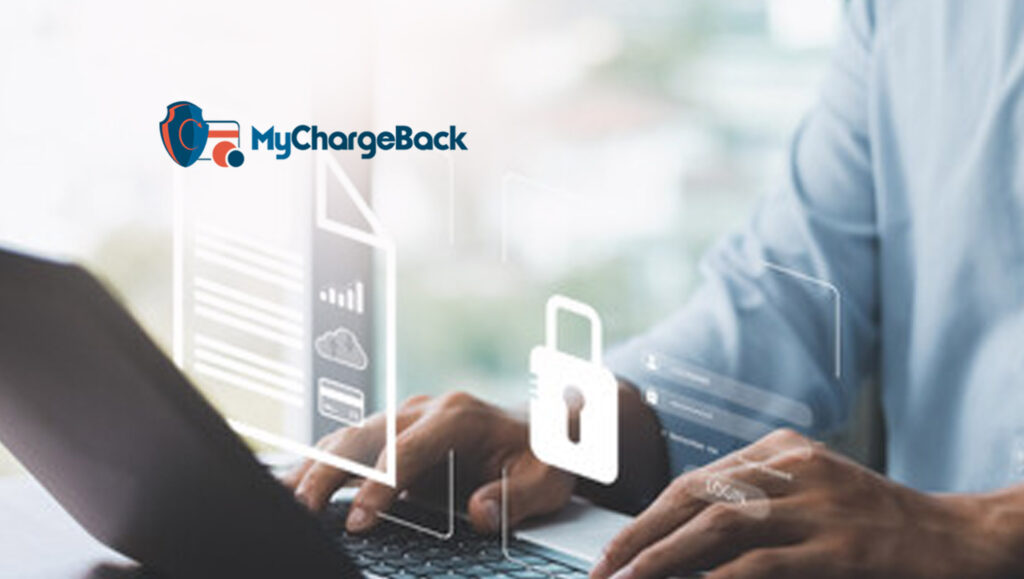MyChargeBack, the global leader in resolving authorized card-not-present transaction disputes, has issued a warning to consumers to be on guard this year for online fraud disguised as Black Friday sales.
Read More:Komprise Named Winner In The 2021 Software And Technology Awards
“Due to last year’s COVID-19-related lockdown, restrictions and resulting global supply chain issues, the scramble for presents in the run up to the holiday season underwent a revolution, and the clock is not going to be set back,” notes Michael B. Cohen, Vice President of Global Operations at MyChargeBack. “E-commerce grew to such an extent that the internet can now be considered to be the world’s primary shopping mall,” he says.
Watch out for Fake Retail Websites, Counterfeit Merchandise
“Given this new reality, consumers are constantly asking us how they can successfully navigate around the internet to avoid online fraud between Black Friday and New Year’s,” Cohen continues. “So, what we tell them is first to be on the lookout for websites that do not provide contact information, a physical address or a phone number, since those are almost certainly going to be fraudulent,” he explains. “Also, look for spelling and grammar mistakes, since reputable merchants will see to it that their material is proofread before it goes online,” he advises. “And if it looks too good to be true, it probably is.”
Read More:SalesTechStar Interview With Phil Harrell, VP And Senior Research Director At Forrester
MyChargeBack’s Five Safety Tips for 2021 Online Holiday Shopping
- Only purchase on verified, recognized retail brand websites employing cybersecure procedures for encoded payment. To check, read the website’s privacy policy, look for the logo of a reputable secure payment system (SPS) provider on the payment page and make sure that page’s URL also begins with https (the “s” stands for “secure”).
- Don’t take a chance on hard-to-believe prices for name-brand items advertised on social media platforms, which is ground zero for frauds.
- Ignore unsolicited emails that include a link to a website of a major retailer because it could be spoofed.
- Avoid merchants who only allow transactions in cryptocurrency, which is suspect because crypto has become the preferred payment option for fraudsters.
- Do not use free WiFi networks to make purchases, since hackers can easily access them, download your data and commit identity theft.





















